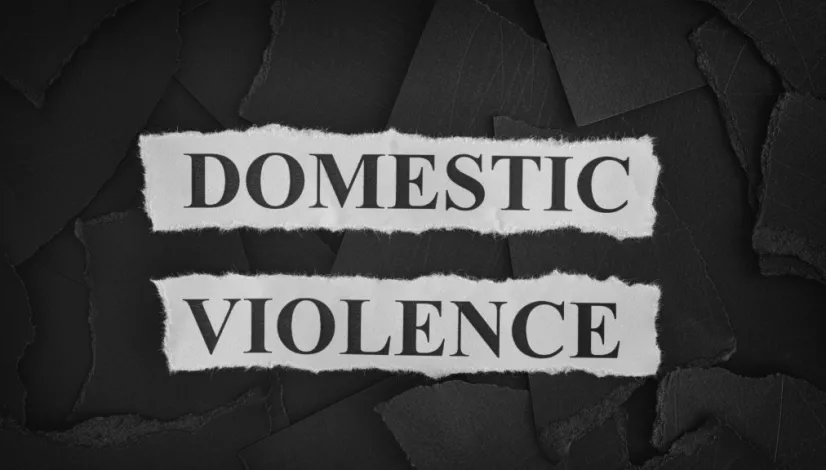
While it’s beyond dispute that domestic violence is a serious issue that affects many people, false accusations of domestic violence are as well. People charged with domestic violence often find themselves in a difficult and confusing situation.
If you are facing domestic violence charges in Dallas, Texas, it is important to understand the different terms and punishments associated with these charges. Working with a skilled domestic violence lawyer can help you navigate the legal system and achieve the best possible outcome for your case.
This blog will provide an overview of everything you should know about domestic violence charges in Dallas, including common terms, punishments, and defense strategies.
Domestic Violence Terms
In Texas, the term “family violence” is more commonly used than “domestic violence.” Family violence can encompass a wide range of offenses, including assault family violence and assault impeding breathing or circulation, and injury to a child. It includes violence against household members as well as dating violence.
A household member is defined as a person who resides or has resided in the same home, including roommates. A dating relationship is a relationship between individuals who have or have had a continuing romantic or intimate relationship.
Dating violence is an act committed against a person with whom you have a dating relationship, and it can include threats, bodily injury, or sexual assault.
A protective order is a judge’s order that prevents you from having contact with a person. To grant a protective order, the judge must find that family violence has occurred and is likely to occur again.
A temporary protective order is for a short period of time, and you do not receive notice of a temporary protective order. A full protective order requires a hearing with notice to you.
Defending Domestic Violence Charges in Dallas
If you are charged with domestic violence in Dallas, the penalties depend on the facts of the case.
Here are the different types of domestic violence charges in Dallas and their associated punishments:
- Class C Misdemeanor Assault Offensive/Provocative Contact: Up to a $500 fine but no jail time.
- Class A Misdemeanor Assault Causing Bodily Injury/Family Violence: Up to 365 days (1 year) in the county jail and up to a $4,000 fine.
- Third-Degree Felony Assault Impeding Breathing or Circulation: 2 to 10 years in state prison and up to a $10,000 fine.
- Second-Degree Felony Aggravated Assault/Family Violence: 2 to 20 years in state prison and up to a $10,000 fine.
- First-Degree Felony Aggravated Assault with a Deadly Weapon/Family Violence, that causes serious bodily injury.
If the judge makes an affirmative finding of family violence in your case, it prevents you from owning or possessing a firearm and makes you ineligible for nondisclosure (record sealing).
Working with a Dallas Domestic Violence Lawyer
The good news is the prosecutor is required to prove a felony charge beyond a reasonable doubt. Reasonable doubt is the highest burden of proof in our justice system. The court must find you not guilty if the prosecutor cannot rule every possible reasonable doubt. This can be a powerful defense when implemented in your defense by a skilled Dallas domestic violence attorney.
In Dallas innocent people can get accused, charged, and convicted domestic violence when they don’t have a Dallas domestic violence attorney fighting for them. I believe in standing up for people and helping them navigate all that comes with being thrown into the criminal justice system.
If you are facing domestic violence charges in Dallas, it is crucial to work with an experienced domestic violence lawyer who can help you navigate the legal system and protect your rights. A knowledgeable Dallas defense attorney can help you understand your charges, build a strong defense strategy, and negotiate with the prosecution to secure the best possible outcome for your case.
View All Blogs




